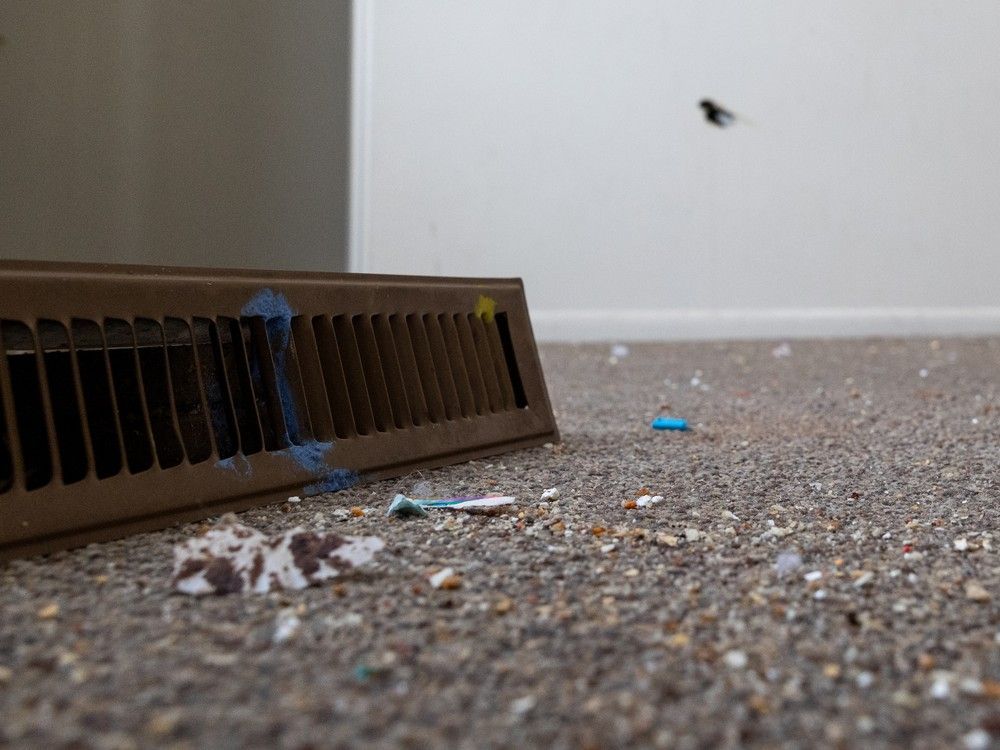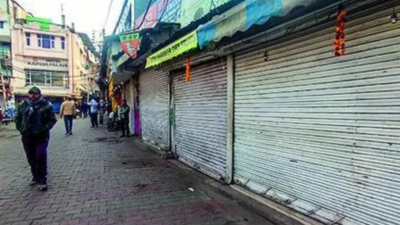
It seems almost unimaginable that there are social housing units in this province now sitting there in the cold, vacant and in disrepair. Given today’s overwhelming social housing shortage — especially in Saskatchewan cities — one might assume every potentially available unit would be a precious commodity, carefully nurtured, monitored and filled as soon as it became available. Even more unimaginable is that Saskatchewan Housing Corporation units are being so badly utilized.
But we are now hearing stories of single individuals occupying two-bedroom SHC units — all at a time when Regina area women’s shelters (who receive funding from the ) are telling us and their children trying to escape intimate partner violence. We learned in last week’s release of Provincial Auditor Tara Clemett’s Volume 2 Report about the bizarre struggles of SHC to simply manage its units. The good news — one supposes, if we are inclined to call it that — is that SHC’s vacancy rate has slightly fallen from recent provincewide highs of 20.

4 per cent (in 2021) and 24.9 per cent in Regina (in 2022). The bad news is the SHC vacancy rate in 2024 was 14.
1 per cent provincewide, and a still-whopping 17.8 per cent in Regina in May. In the capital city where SHC owns approximately 3,000 units, 534 were vacant.
Why? Well, 364 of those units were in such need of repair that they were deemed not liveable. Just to have these units sit empty cost taxpayers $12 million annually — all at a time when there were 404 names on Regina’s waiting list for social housing units, according to Clemett’s report. In perhaps the understatement of the week, Clemett added: “They definitely probably need to do more, faster.
” One gets the frustration of the average taxpayer who is footing the bill for a trashed SHC unit — a problem that is all too common. But do the rest of us have as much right to be frustrated as a mom with kids who is also paying taxes and trying to escape an abusive relationship? What’s maddening is that mismanagement of these limited SHC resources is likely as big a problem as disrepair. “The Saskatchewan Housing Corporation does not regularly assess how long Social Housing applicants wait or why, or types of units requested (e.
g. number of bedrooms needed),” the Provincial Auditor’s report stated. “It also does not sufficiently track and analyze its vacant units (e.
g. type and duration of units under repair) or trends in demand to determine where to focus repairs.” According to Clemett’s findings, about 51 per cent of social housing is designed for seniors while 49 per cent is allocated for families or single persons.
But in reality, demand from seniors is only 25 per cent and demand from families and singles is at 75 per cent. Last May, more than 300 family/single applications were approved by SHC in Regina, but only 56 units were available. Again, the reality is that some of these applicants were likely women fleeing domestic violence.
In fairness to SHC, let us acknowledge that issues get complicated. For example, it’s possible that some of the singles living in SHC’s two-bedroom units were people whose children are no longer with them. In the case of seniors and even women escaping violence, the reality is that children (sometimes with special needs) or grandchildren they were caring for may have grown up and moved out.
And even in the case of spousal abuse, children who might have initially moved with the mother into the unit are sometimes later removed by Social Services. Often, issues of violence or addictions are in place. As suggested, it gets complicated.
But such circumstances are all the more reason why, as Clemett suggested, the government and SHC need to do a far better job of managing the province’s social housing units. About the worst time to be mismanaging a social housing crisis is when we don’t have enough houses and people can’t afford the ones we have..















